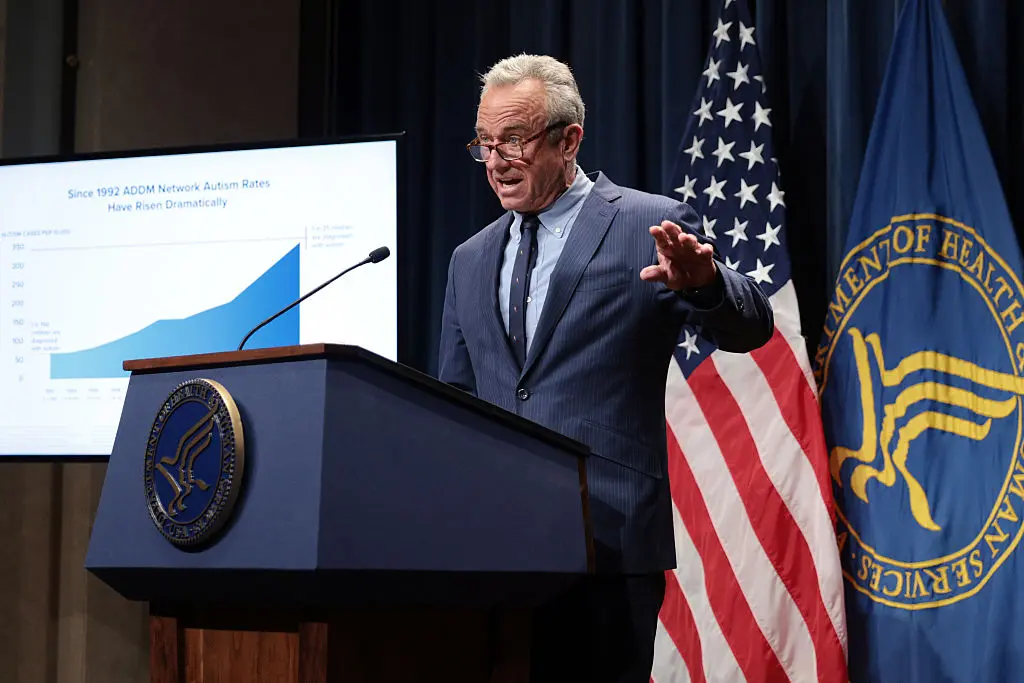Autism diagnoses in the U.S. have reached historic levels—now affecting 1 in 31 children—yet federal support for autism research is being rolled back. Multiple agencies, including the Department of Education (DOE), National Science Foundation (NSF), and Department of wDefense (DOD), have drastically cut or canceled autism-related funding in recent months under the Trump Administration. These cuts are coming even as public officials, like U.S. Health and Human Services Secretary Robert F. Kennedy Jr., call autism a “tragedy” and vow to find its cause.
The contradiction is jarring. Critical research projects—many focused on intervention, early education, and support for autistic students—have been disrupted or canceled mid-stream. At a time when evidence-based solutions are needed more than ever, programs that once supported special education professionals, doctoral research, and school-based services are disappearing from the federal budget.
Key Autism Programs Canceled or Defunded
Among the most notable cuts is the DOE’s Personnel Development program, which trained future special educators and therapists. Another loss: Charting My Path for Future Success, a program that helped autistic students transition from high school to college or careers. It provided individualized check-ins from trained professionals and had real-world impact—but it’s now gone due to federal restructuring.
The National Science Foundation also pulled back approved funding from the Frist Center for Autism and Innovation. Millions in grants disappeared due to the inclusion of terms like “inclusion” and “accessibility”—terms deemed politically misaligned with current federal priorities.
Even the Department of Defense has shifted away from direct autism funding, despite previously allocating $15 million annually to autism research through programs designed for military families.
Meanwhile, researchers warn that some autism-specific grants at the National Institutes of Health (NIH) are being canceled due to a new focus on eliminating what the administration calls “radical DEI programs.” Projects studying autism in gender-diverse populations and suicide prevention among autistic adults were among those halted.

What These Cuts Mean for Families in North Carolina
For families of children with autism, this nationwide funding pullback doesn’t just slow down research—it limits real-world access to support. When research halts, development of new interventions, therapies, and educator training also stall. And in a state like North Carolina, where autism prevalence mirrors national rates, families are feeling the pressure.
That’s why strong, local autism services are more important than ever. Access to trusted, in-home, and personalized autism services in North Carolina is critical for helping children thrive, especially when larger systems fail to provide consistent support.
We’re Here for Your Family, No Matter What
At Pops ABA, we’re not waiting for the federal government to act. We’re already on the ground, helping families across North Carolina with the services they need now. Our team focuses on real outcomes—supporting communication, behavior, and independence through tailored ABA therapy that meets your child where they are.
Contact us today to explore how our autism services in North Carolina can help your child grow and succeed. We’re ready to answer your questions, offer expert guidance, and build a personalized plan that works for your family. The need is urgent—and we’re here to help.



